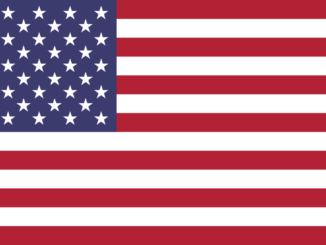 (SCOTUSblog) In the wake of the Sept. 11, 2001, attacks, the U.S. government created a “No Fly List” — a list of people whom the government believes pose enough of a risk to national security that they should not be allowed to board a commercial flight through U.S. airspace. On Jan. 8, in FBI v. Fikre, the justices will consider whether a lawsuit brought by an Oregon man who was stranded overseas for more than four years after he was placed on the No Fly List can go forward when the FBI has taken him off the list and has promised not to put him back on the list “based on the currently available information.”
(SCOTUSblog) In the wake of the Sept. 11, 2001, attacks, the U.S. government created a “No Fly List” — a list of people whom the government believes pose enough of a risk to national security that they should not be allowed to board a commercial flight through U.S. airspace. On Jan. 8, in FBI v. Fikre, the justices will consider whether a lawsuit brought by an Oregon man who was stranded overseas for more than four years after he was placed on the No Fly List can go forward when the FBI has taken him off the list and has promised not to put him back on the list “based on the currently available information.”
The plaintiff in the case, Yonas Fikre, learned in 2010 that he had been placed on the No Fly List. FBI agents interrogated Fikre, a U.S. citizen of Eritrean descent who was living in Sudan at the time, about his contacts with a mosque in Oregon, and they suggested that if he agreed to become an FBI informant, he could be removed from the list, which would allow him to return to the United States.


